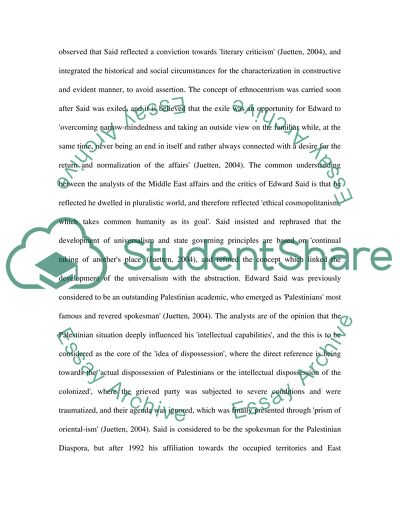Cite this document
(“Palestinian Conflict Essay Example | Topics and Well Written Essays - 1000 words”, n.d.)
Palestinian Conflict Essay Example | Topics and Well Written Essays - 1000 words. Retrieved from https://studentshare.org/miscellaneous/1525495-palestinian-conflict
Palestinian Conflict Essay Example | Topics and Well Written Essays - 1000 words. Retrieved from https://studentshare.org/miscellaneous/1525495-palestinian-conflict
(Palestinian Conflict Essay Example | Topics and Well Written Essays - 1000 Words)
Palestinian Conflict Essay Example | Topics and Well Written Essays - 1000 Words. https://studentshare.org/miscellaneous/1525495-palestinian-conflict.
Palestinian Conflict Essay Example | Topics and Well Written Essays - 1000 Words. https://studentshare.org/miscellaneous/1525495-palestinian-conflict.
“Palestinian Conflict Essay Example | Topics and Well Written Essays - 1000 Words”, n.d. https://studentshare.org/miscellaneous/1525495-palestinian-conflict.


